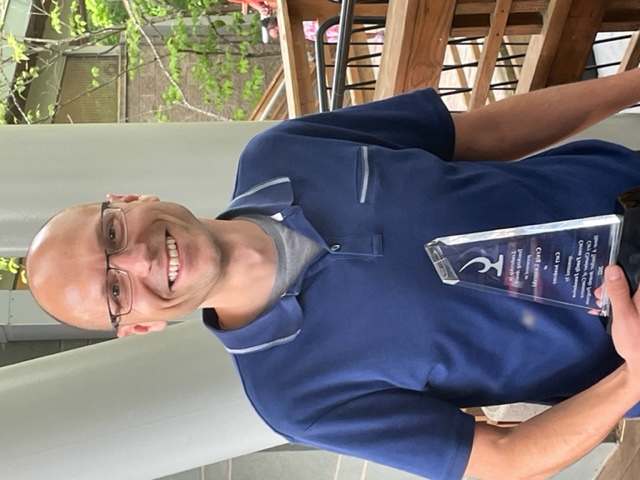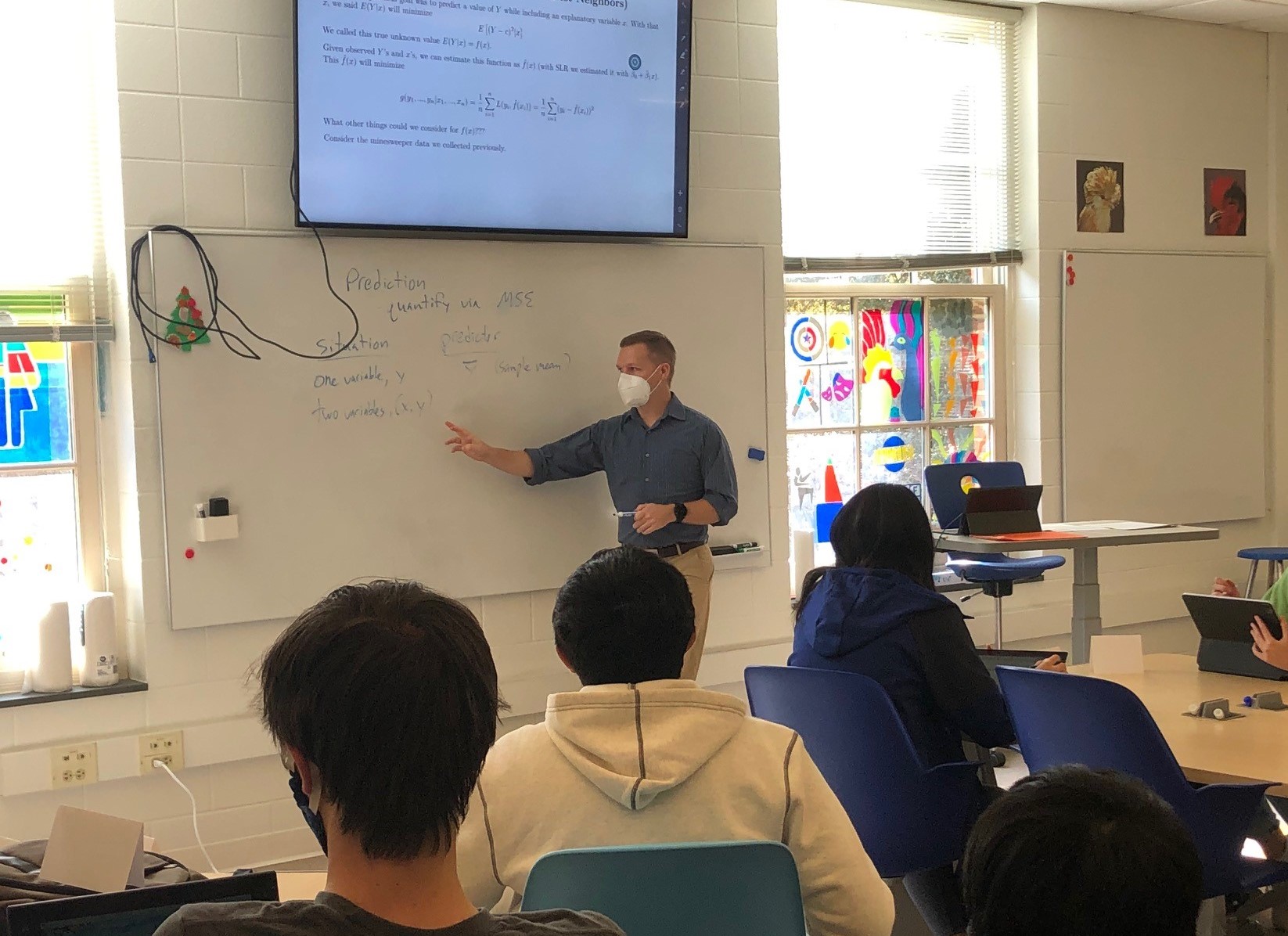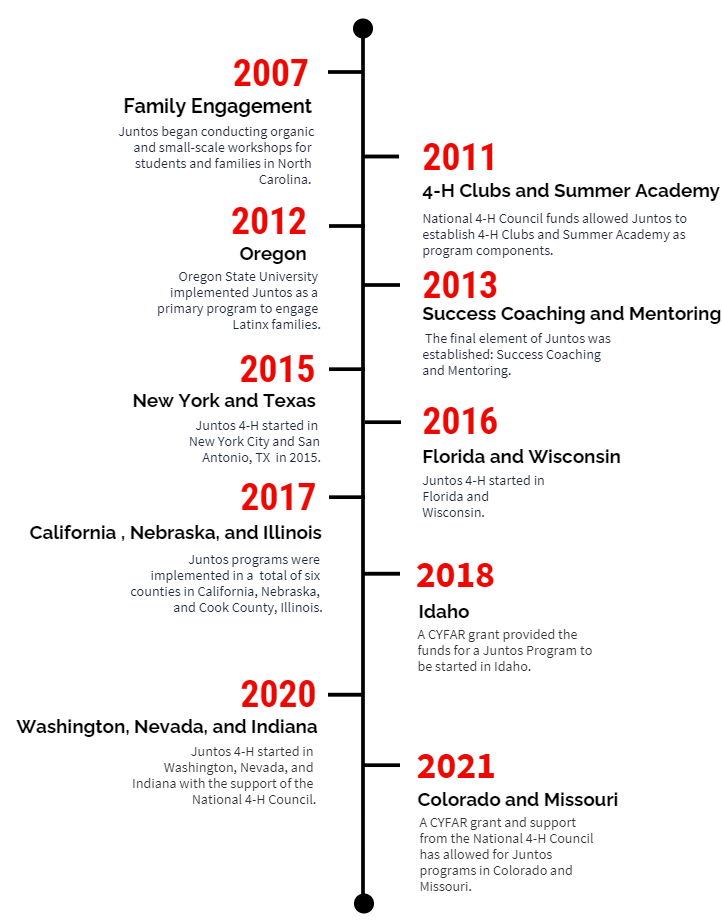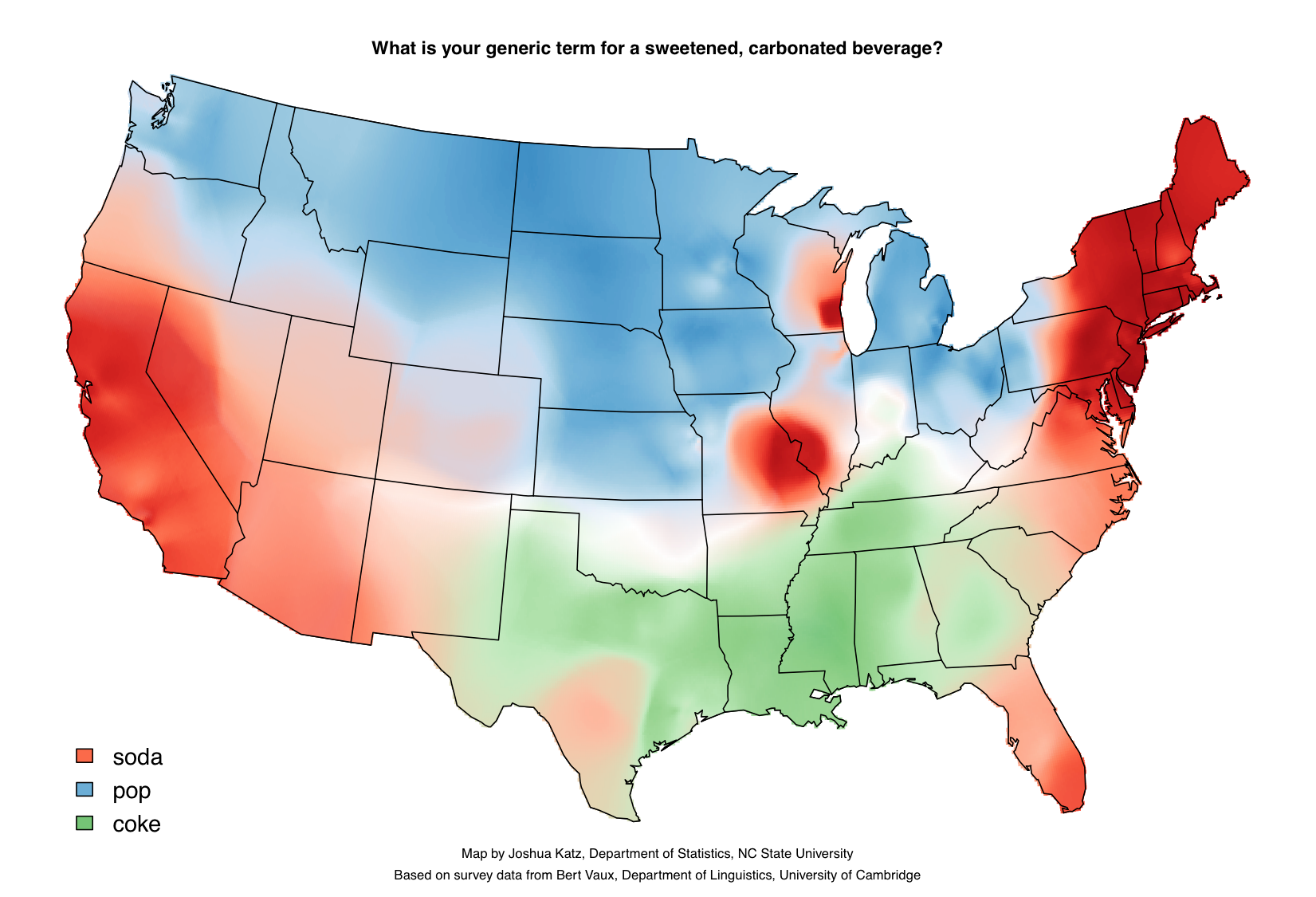Justin B. Post
Teaching Professor
Justin_Post@ncsu.edu (NC State)
919.515.0637
Stat’n’Chat
The Stat’n’Chat group is a collection of some local introductory statistics instructors from different high schools/colleges/universities that have gotten together to network and share ideas. We’ve had people from NC State, Wake Tech Community College, Meredith College, Cary Academy, and a few others.
We usually meet monthly on a Friday for dinner and discussion. If you are interested in joining, please e-mail me and I’ll add you to our mailing list!
Cary Academy
I met Craig Lazarksi (winner of the Cary Chamber of Commerce Honor a Teacher Award in 2022! see picture below for proof) and Kristi Ramey as their instructor in our online master’s program. They are both local and teach in the math department at Cary Academy.

As fellow educators we struck up a friendship. They approached me about a collaboration with their high school ‘statculus’ course and I was excited to join in. This course had a lot of flexibility but blended calculus ideas with statistics (and a bit of R).

In fall 2021 I taught six guest lectures around the ideas of using a model to predict, including quantifying quality of predictions using loss functions and how calculus is important to those ideas. The methods we focused on were multiple linear regression and k-nearest neighbors. In the end we had the students break into teams and compete in a kaggle competition (inactive one but still a great experience).
In spring 2023 we renewed the collaboration with a slightly different focus. This time the students were participating in an actuarial data challenge. They had to find a problem with data and propose a change or recommendation based on an analysis. The lectures I taught focused on inference when using linear and logistic regression along with the R implementation!
You can find information about the materials here.
NC Education Datathon
The North Carolina Department of Education put on an education datathon to analyze the digital divide in North Carolina. I particpated on a team with Victoria Seng, Craig Lazarski, and Kristi Ramey. Our team placed first (the other team members did 95% of the work, I was mostly just advising!) and we won the $2000 dollar prize!
You can see our github repo here and you can see our final presentation below:
The application itself is available to play around with here: https://shiny.stat.ncsu.edu/jbpost2/DigitalDivide
Juntos
Juntos is a program that NC State started in 2007 to ‘provide high school Latino students and their families with the knowledge, skills, and resources to ensure high school graduate and increase college access and attendance rates.’

I got started with the group in 2017 when one of our undergraduate students did a project with them. After meeting with them, we decided to have an undergraduate internship/research type position there for a few semesters. During this time I helped them to completely revamp their data collection and reporting processes (we went from individual excel files and manually tabulation to a database with an online form their mentors could use with automated reporting). Our student Didier Turcios held the internship position there for a year and now serves as their program evaluator! (He’s also a current statistician at RTI International and in our online master’s of statistics program.)
This is a really fantastic program and I’m happy to have been involved!
GLBT advocate
The GLBT Advocate Program is intended to be a continuing education and engagement program for NC State faculty and staff. The Program is designed to provide faculty and staff with ongoing opportunities for learning and for showing their support as Allies and Advocates of the GLBT community. Faculty and staff who would like to participate in the Program agree to complete one educational workshop and attend one GLBT event on campus each year.

I’ve enjoyed being a GLBT advocate. The program is really educational and has helped me to understand barriers and issues faced by those in the GLBT community.
Pack Promise Mentor
Pack Promise is a great program for families with limited financial resources. Students from these families tend to be first-generation college students. As a first generation college student myself, I was really glad to see NC State has a program to help guide students through the unknowns of a large university. I served as a Pack Promise faculty mentor to a stats major (she now has a master’s degree in statistics!). We met each semester to talk about clubs to get involved with, opportunities within the department and campus, and generally answered any questions about how things work at the university. All things I wish I had when I was an undergraduate student! (I never even considered graduate school until my senior year of college!)
Pine Springs Preparatory Academy

In the spring of 2023 I met Josiah Vanderkin during a networking event for our online program. Josiah was teaching 7th grade math and the curriculum at Pine Spring Preparatory Academy was a project based learning (PBL) curriculum. As part of the PBL curriculum a subject matter expert is supposed to come in and talk to the students about the material and how it is important.
I did my best to keep the students engaged (fun maps, explosions, and sports kind of worked) and to show them how statistics and probability can be used in the real world! Overall, the experience was enjoyable. The presentation used is available at this link.
Cary PD
In 2017 I advised Grant Swigart on a really interesting project with the Cary Police Department. The goal was:
To utilize a neutral, third party subject matter expert (NCSU Statistics) to proactively analyze Cary PD’s traffic stops on both an aggregate and individual level and determine if we have any statistically significant deviations from a normal range as it relates to officer traffic stops, searches, and arrests of women, persons of color and Hispanic heritage. Our benchmark/point of comparison will be the gender, race, and heritage of persons involved in traffic collisions as captured by Cary PD’s traffic collision reports. These data are much more representative of who makes up the motoring public than census data, which is designed purely to captures residency information. Statistical deviations from the norm in and of themselves will not to be considered indicative of wrongdoing, but rather will serve as an impetus to further examine the circumstances involved with the officer or group of officers outside the normal range.
Grant did a great job working through the data and literature (he ultimately went on to get a master’s degree in statistics from NC State). Ultimately we stopped hearing back from the Cary PD after our initial findings of some differences in traffic stop distributions.